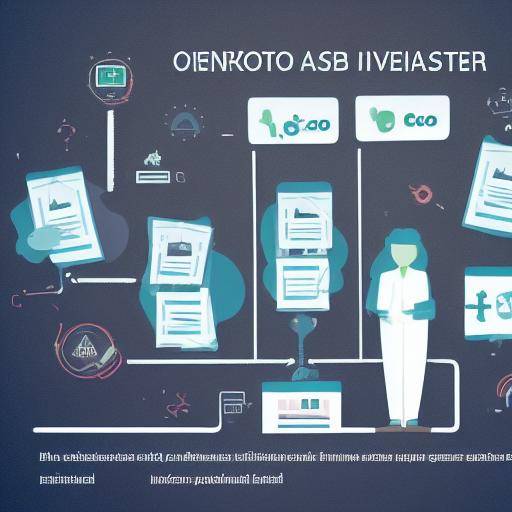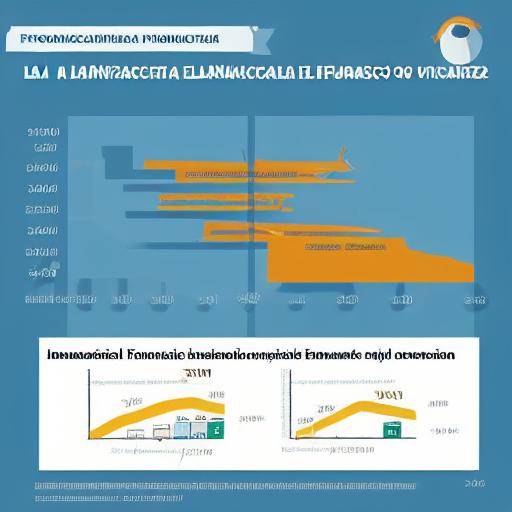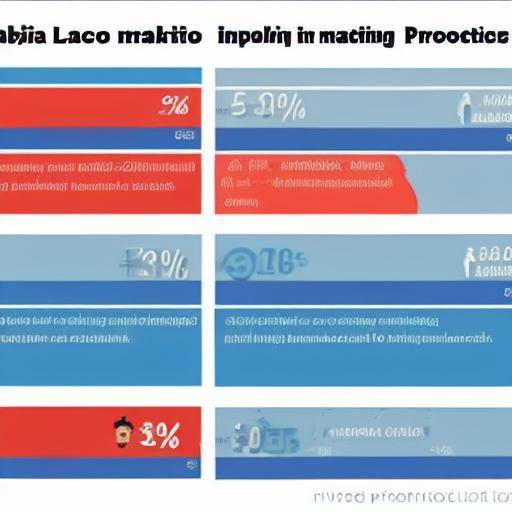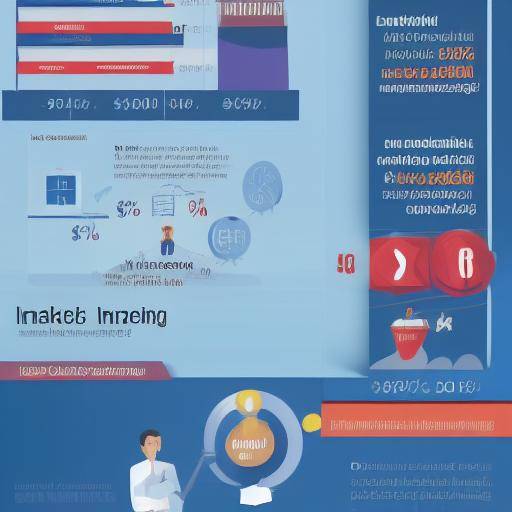
Financial education plays a key role in gender equity, empowering women and facilitating informed decision-making in economic aspects. In this article, we will explore in depth the importance of gender equality, empowerment and decision-making in the financial sphere. From its historical origins to future trends and predictions, we will comprehensively analyze this key theme today.
Introduction
Gender equity is a central theme in the current world, with a significant impact on all sectors, including the financial one. Financial education plays an essential role in promoting equality between men and women, providing tools for economic empowerment and informed decision-making. In this introductory section, we will explore the impact that financial education has on gender equity, establishing the basis for detailed analysis that will follow throughout this article.
History and Background
The importance of gender equity in financial matters is rooted in the long struggle for the recognition of women ' s rights in the social, political and economic spheres. From the suffrage movement to demands for equal pay, there has been a progressive advance in the recognition of women's rights in the financial field. This has been a process marked by significant milestones, such as the inclusion of equal pay laws and the promotion of financial inclusion policies for women.
The financial gender gap has been a constant for decades, with women facing additional challenges, from limited access to loans to lack of participation in family financial decision-making. Financial education has emerged as a crucial element in overcoming these barriers, empowering women to understand, plan and manage their financial resources efficiently.
Analysis in Deep
Over the years, financial education has proven to be a powerful tool in the pursuit of gender equity. Women who have access to comprehensive financial education are more likely to access financial services, generate sustainable income and invest in an informed manner. However, challenges remain in the implementation of effective financial education programmes targeting women, highlighting the need for a more personalized and responsive approach to the specific realities and needs of each context.
Informed financial decision-making is one of the pillars of women ' s economic empowerment. Financial education provides the necessary tools to understand concepts such as savings, investment, debt management and long-term financial planning, allowing women to make informed decisions that positively influence their economic well-being and that of their families.
Comprehensive review
The impact of financial education on gender equity can be seen through case studies and best practices that have shown how women-specific financial education programmes have boosted their active participation in the economy and have generated a positive impact on gender equality. It is crucial to emphasize that women ' s economic empowerment not only benefits at the individual level, but also contributes to the economic growth of communities, by promoting investment in children ' s education and by promoting equality in access to resources and opportunities.
Comparative analysis
Economic empowerment and financial decision-making of women are interconnected with the broader concept of gender equality. Understanding similarities and differences in how men and women address financial issues is critical to promoting financial equality.
In practice, gender equality in the financial sphere results in the elimination of barriers that prevent women from accessing financial services, obtaining credit, investing in business and participating in key financial decisions. Economic empowerment and informed decision-making are two sides of the same currency in the pursuit of gender equity in the financial sphere.
Practical Tips and Accessible Tips
To promote gender equality and economic empowerment through financial education, it is vital to provide practical advice and concrete actions. Some recommendations include:
- Promote women ' s participation in financial education programmes that address their specific needs.
- Create safe spaces for women to discuss and make financial decisions in a support environment.
- Promote equitable access to financial services and investment opportunities.
- Include issues of financial education in school and community education to foster healthy financial habits from early stages.
Perceptions of Industry and Expert Reviews
Financial experts have increasingly recognized the importance of financial education in promoting gender equity. Opinion leaders have advocated policies and programmes that facilitate women ' s access to financial resources and empower them to make informed decisions. The opportunities that arise in promoting gender equality in the financial sphere have also been highlighted, both individually and collectively.
Case Studies and Real Life Applications
Success cases demonstrate the effectiveness of financial education in promoting economic empowerment and gender equity. These case studies not only illustrate how women have transformed their financial lives through solid education, but also highlight the positive impact on their families and communities.
Future Trends and Predictions
The future landscape of gender equity and financial education promises significant progress. Technological advances and innovative strategies are expected to expand the scope and effectiveness of women-led financial education programmes, opening new opportunities for empowerment and financial equality.
Conclusions
In conclusion, financial education plays a key role in gender equity, empowering women and facilitating informed decision-making in economic aspects. It is crucial to continue promoting financial education programmes that address women ' s specific needs, fostering their active participation in the economy and contributing to a more equitable and prosperous future.
Frequently asked questions
Why is gender equality in the financial sphere important?
Gender equality in the financial sphere is crucial to promoting sustainable and inclusive development. By ensuring that women have equal access to financial resources and opportunities, economic growth is fostered and communities are strengthened.
How can financial education empower women?
Financial education provides women with the necessary tools and knowledge to manage their financial resources effectively, make informed decisions and plan their economic future with confidence.
What challenges do women face in the financial sphere?
Women often face challenges such as lack of access to financial services, the gender pay gap and discrimination in family financial decisions. Financial education can help overcome these obstacles.
What are future opportunities to promote gender equality in the financial sphere?
Future opportunities include the use of innovative technologies to expand access to financial services, the implementation of proactive financial inclusion policies and the promotion of an equitable financial culture from childhood.
What role do government policies play in promoting gender equality in the financial sphere?
Government policies can play a crucial role in establishing legal frameworks that promote gender equality in the financial sphere, ensuring that barriers are removed and equal opportunities for men and women are promoted.
How can financial education benefit communities in general?
Financial education not only empowers women individually, but also benefits communities as a whole by promoting a more equitable distribution of resources, fostering entrepreneurship and local economic development, and strengthening long-term financial stability.
In short, financial education plays a key role in promoting gender equality, empowering women and making informed financial decisions. As the importance of gender equity in the financial sphere is emphasized, it is crucial to continue to foster programmes and policies that address the specific needs of women, creating a positive impact on global economic and social well-being. It is time to promote a more equitable financial future for all!






















































